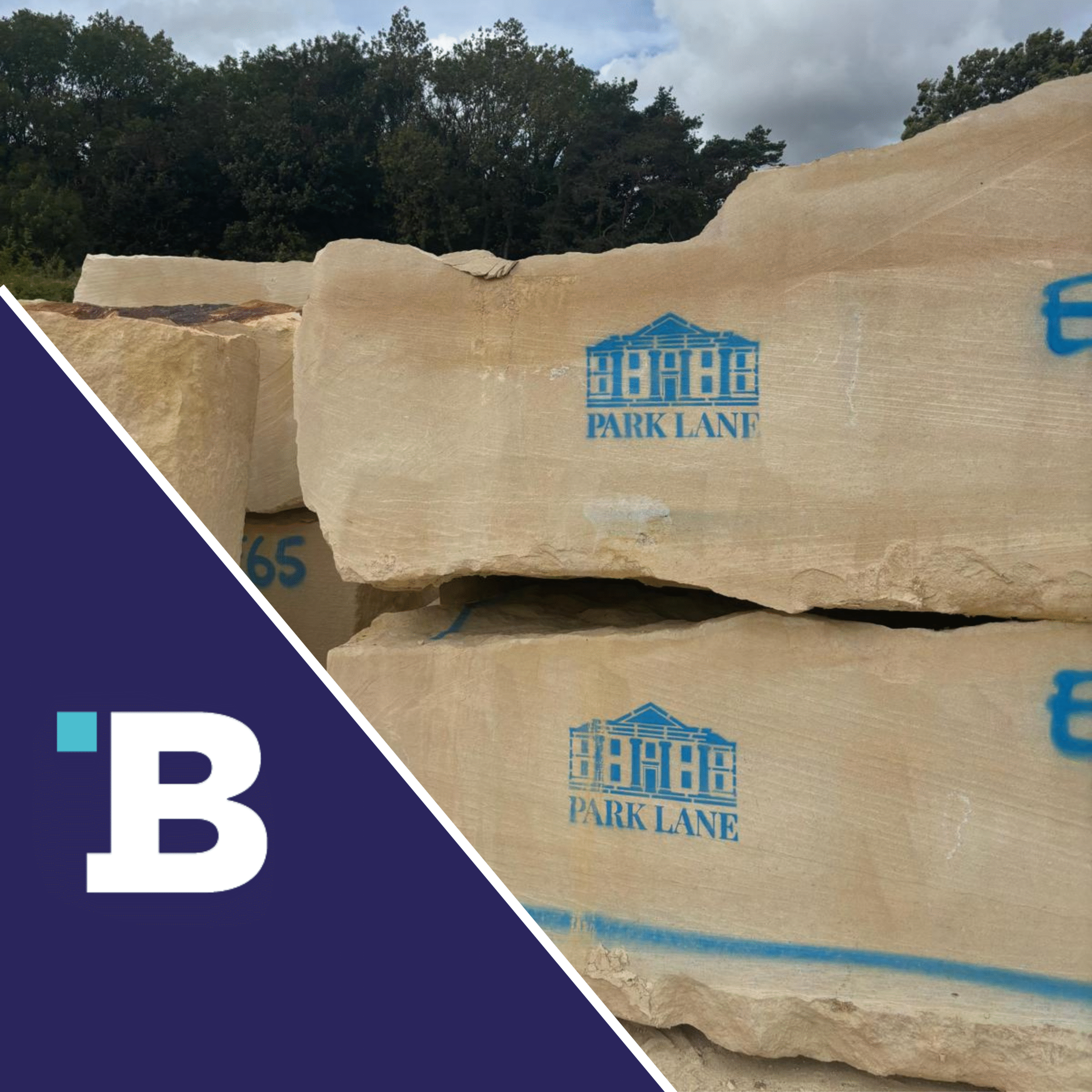A Stoneworld Group Company
Bath Stone is prized for its beauty and longevity, but like any natural limestone, it benefits from the right care. Proper maintenance not only enhances appearance but also helps protect the structure of your building for generations.
Below are the best methods for cleaning, sealing, and preserving your Bath Stone, with professional guidance from Park Lane Bathstone, part of the Stoneworld Group, and recommended products from Rob Parker’s Best.
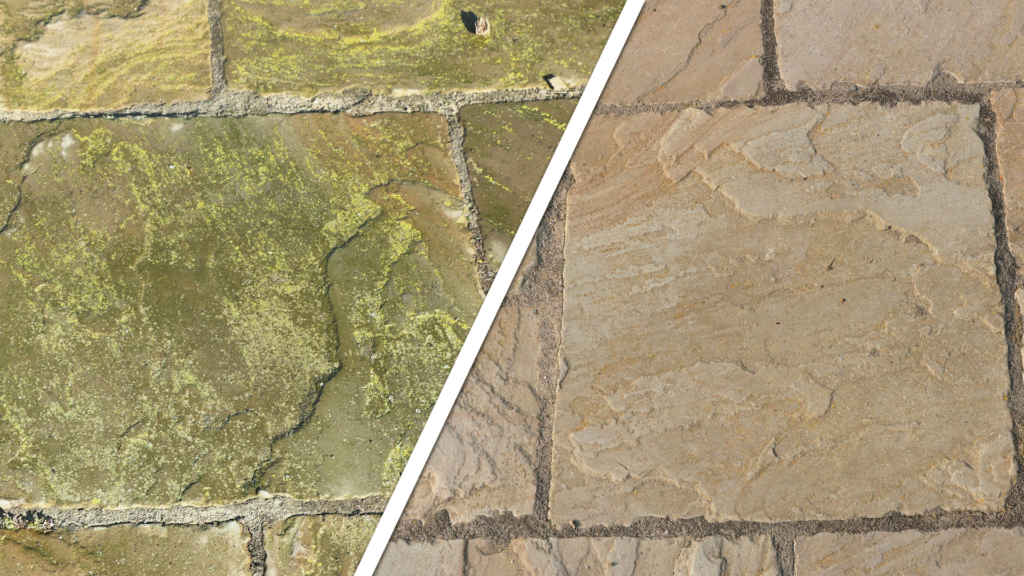
Gentle Cleaning & Removing Biological Growth
To maintain the soft Bath Stone colour and texture, start with gentle cleaning methods.
Avoid high-pressure washers, which can erode the stone’s surface and remove the natural face. Instead, use low-pressure water rinsing or a soft brush to clear dust and debris.
For algae, moss, and lichen removal, use a stone-safe biocide such as Rob Parker’s Best Algae Remover, designed specifically for use on natural stone, including Bath Stone.
Apply evenly, allow a short dwell time (without letting the product dry on the surface), then rinse thoroughly with clean water.
This keeps your Bath Stone façades, steps, and copings clean without harming the natural grain or finish.
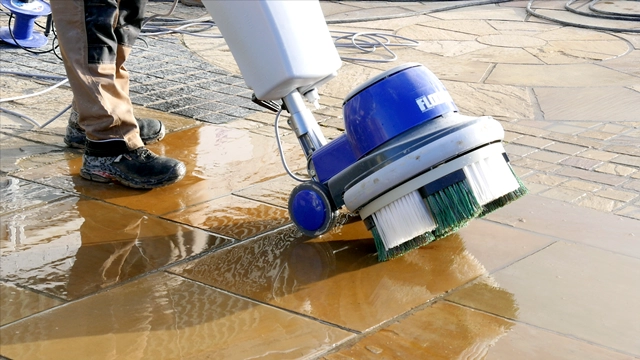
Sealing & Protection
Because Bath Stone is porous, it’s important to allow it to breathe while still providing protection from moisture and stains. A breathable sealer such as Rob Parker’s Best Colour Enhancing Sealer adds an invisible layer of protection while enriching the natural tone of the stone.
Apply the sealer to a clean, dry surface using a lint-free cloth or roller. Let it penetrate the surface before removing excess residue. Reapply every 3–5 years, depending on weather exposure and location.
Regular sealing helps prevent regreening and surface darkening, keeping your Bath Stone cladding and copings uniform in colour while maintaining the authentic appearance that defines Park Lane Bathstone.
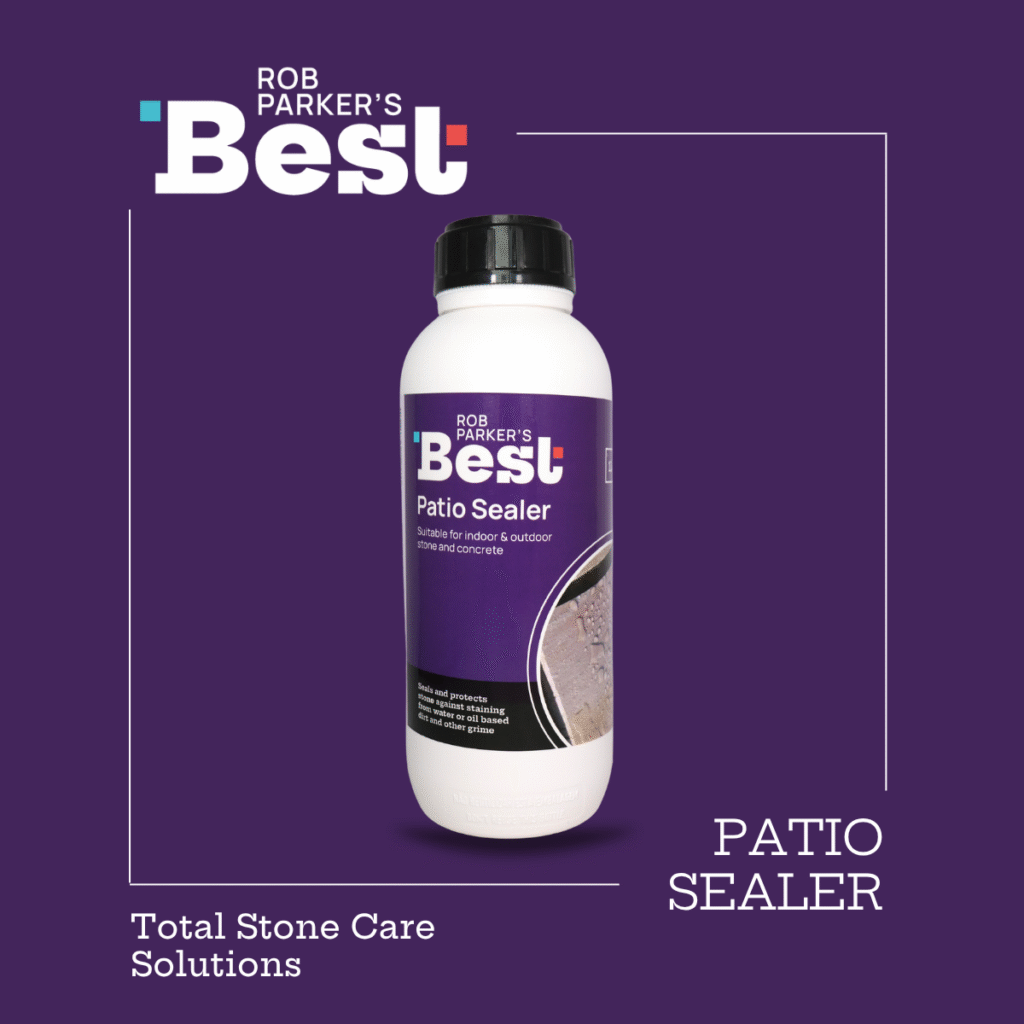

Seasonal Care for Bath Stone
Action Guide
| Season | Recommended Actions | Action Level |
|---|---|---|
| Spring | Gentle Bath Stone cleaning and algae removal; refresh Bath Stone colour. | High |
| Summer | Inspect cladding and copings; apply breathable sealer if required. | Medium–High |
| Autumn | Check joints and drainage; repair with Bath Stone repair mix; prevent winter ingress. | Medium |
| Winter | Avoid salt de-icers; lightly brush snow; protect Bath Stone steps and edges. | Light |
Jointing, Mortars & Drainage
Inspect joints, cills, and copings regularly, ensuring water drains freely from surfaces. Where water tends to gather, adding drip edges or adjusting slopes can dramatically extend the life of your Bath Stone blocks.
Regular checks also help prevent early deterioration or algae growth around joints and shaded sections.
Good detailing plays a major role in long-term Bath Stone maintenance. Always use lime-based or breathable mortars for repointing, cement-based mortars can trap moisture, leading to salt crystallisation and surface flaking.]
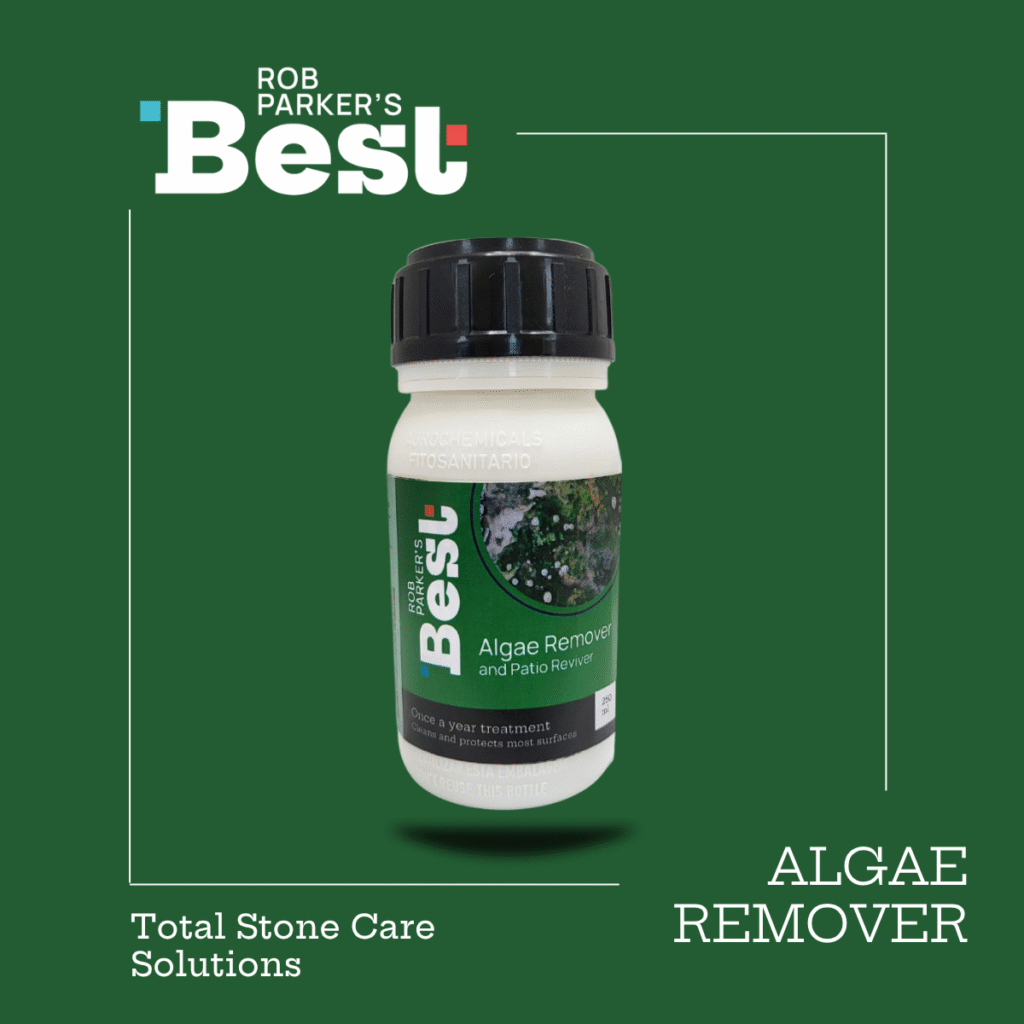
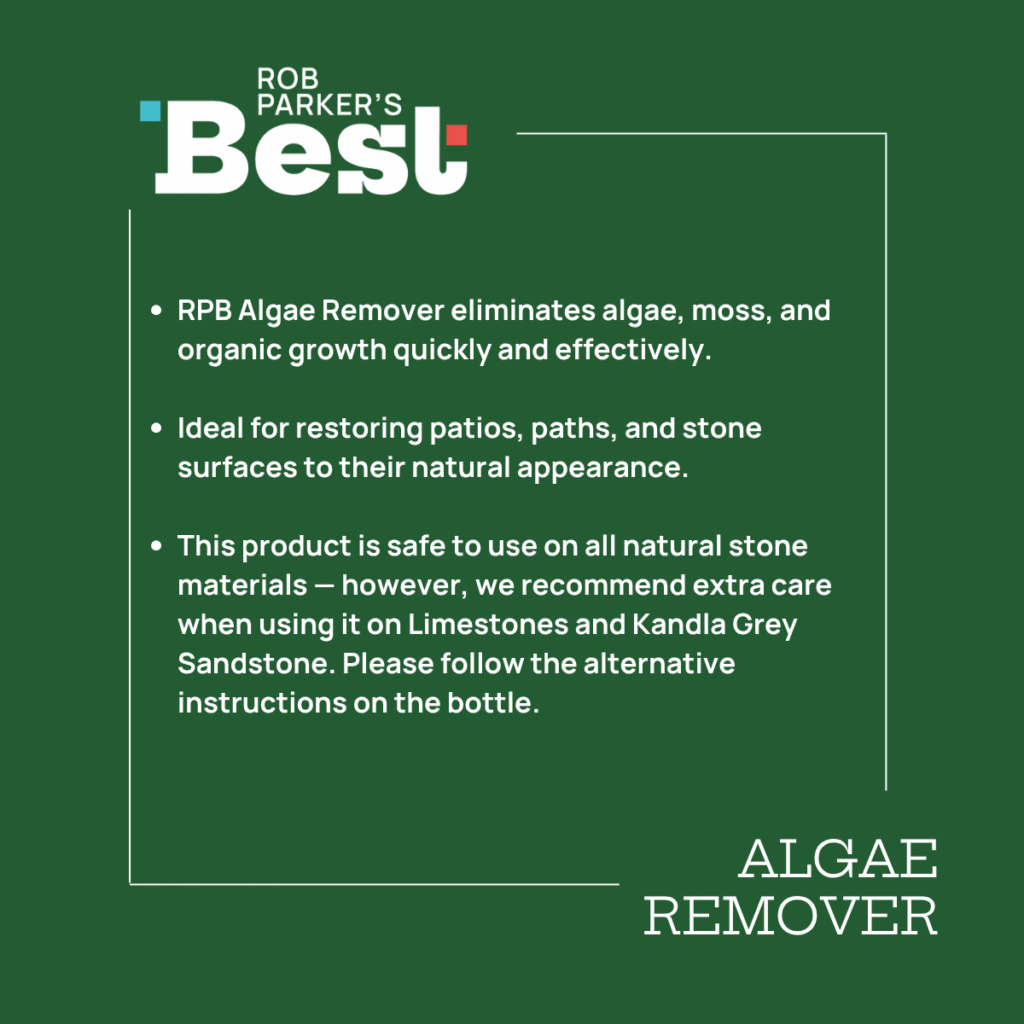
Long-Term Benefits of Proper Care
When maintained correctly, Bath Stone can last for centuries; many buildings in Bath are proof of that.
Routine cleaning, breathable sealing, and seasonal attention protect the natural beauty and ensure that colour consistency remains intact for generations.
Using high-quality materials from Park Lane Bathstone and maintenance products from Rob Parker’s Best gives you a complete, proven approach to Bath Stone preservation.
For more information or to explore care products in person, visit the Stoneworld showroom, where you can also view a full selection of Bath Stone blocks, copings, and complementary stone finishes.


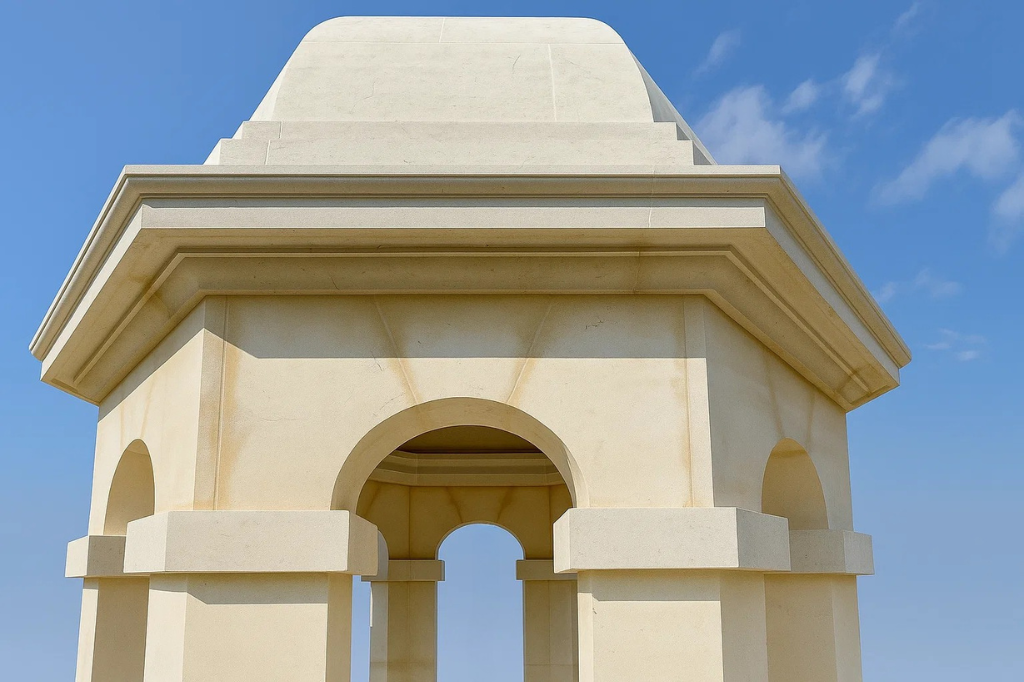
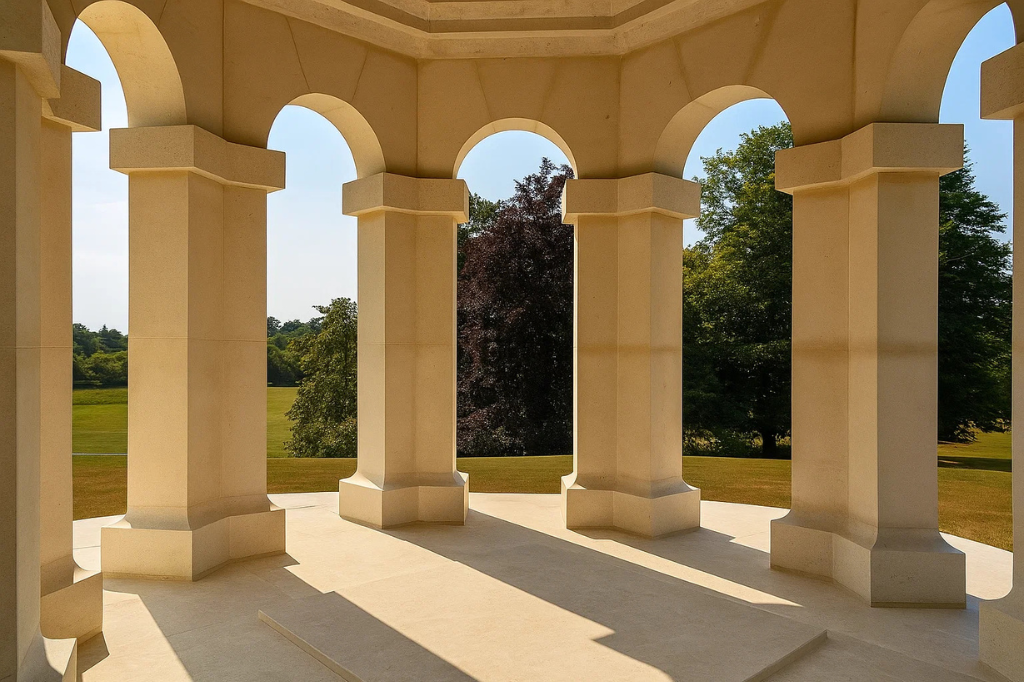
Explore More from the Stoneworld Group
As part of the Stoneworld Group, Park Lane Bath Stone works closely with Rob Parker’s Best for specialist stone care and sealing solutions, and with Stoneworld for bespoke design, architectural stonework, and premium project supply.
